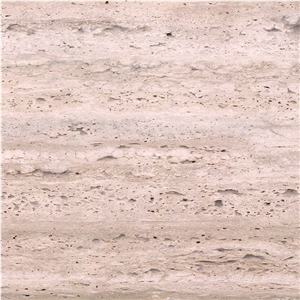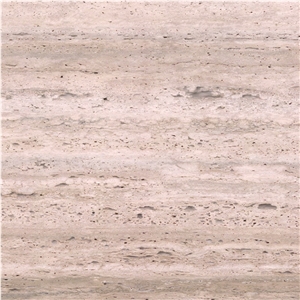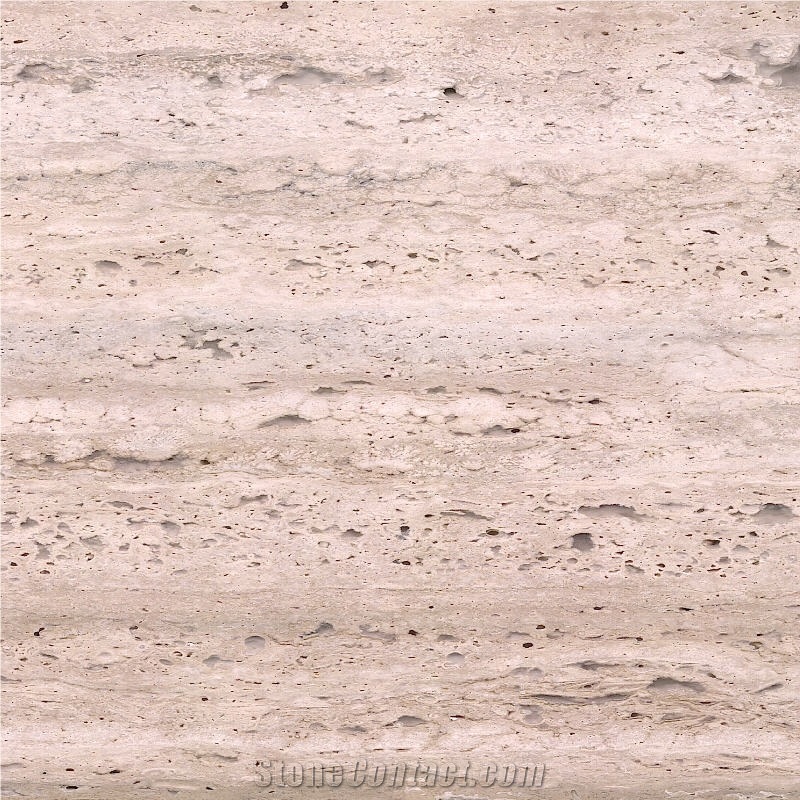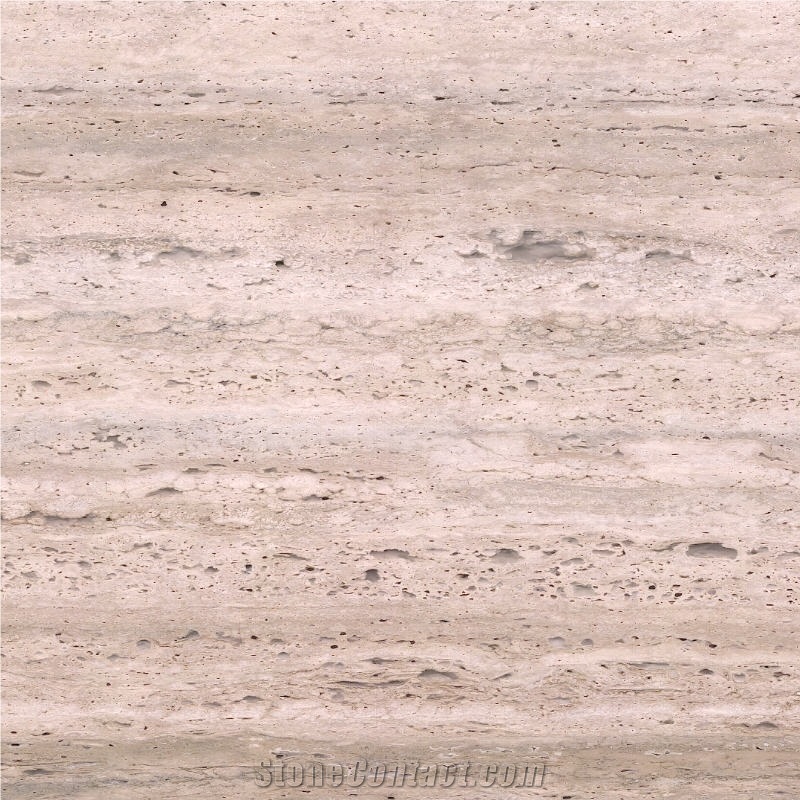Can Greece's Kissamos Travertine be used exterior applications in very rainy climates?
Greeces Kissamos Travertine can be used for exterior applications in very rainy climates, but it requires proper maintenance and care. Travertine is a porous natural stone, and if not sealed and maintained correctly, it can absorb moisture and be susceptible to staining, cracking, and other damage.
To ensure the durability and longevity of Kissamos Travertine in such climates, it is recommended to:
1. Seal the stone: Use a high-quality penetrating sealer specifically designed for natural stone. This will help create a protective barrier that reduces water absorption.
2. Regularly maintain and reseal: Periodically check the condition of the sealant and reapply as necessary. Weather conditions and foot traffic may wear down the sealant over time.
3. Proper drainage: Ensure that the installation allows for proper water drainage. This can be achieved through the correct sloping of surfaces and the use of effective drainage systems.
4. Regular cleaning: Keep the stone clean from dirt, debris, and any organic matter that can promote the growth of algae or moss. Use a mild detergent and avoid harsh cleaners that can damage the stone or degrade the sealant.
5. Monitor and repair damage: Regularly inspect the stone for any signs of damage, such as cracks, chips, or discoloration. Promptly address any issues to prevent further damage and maintain the stones structural integrity.
By following these guidelines, Kissamos Travertine can withstand rainy climates and be used for various exterior applications such as paving, cladding, or pool surrounds. However, it is always recommended to consult with a professional stone supplier or installer who can provide specific advice based on the local climate conditions and the intended use of the stone.
Greeces Kissamos Travertine can be used for exterior applications in very rainy climates, but it requires proper maintenance and care. Travertine is a porous natural stone, and if not sealed and maintained correctly, it can absorb moisture and be susceptible to staining, cracking, and other damage.
To ensure the durability and longevity of Kissamos Travertine in such climates, it is recommended to:
1. Seal the stone: Use a high-quality penetrating sealer specifically designed for natural stone. This will help create a protective barrier that reduces water absorption.
2. Regularly maintain and reseal: Periodically check the condition of the sealant and reapply as necessary. Weather conditions and foot traffic may wear down the sealant over time.
3. Proper drainage: Ensure that the installation allows for proper water drainage. This can be achieved through the correct sloping of surfaces and the use of effective drainage systems.
4. Regular cleaning: Keep the stone clean from dirt, debris, and any organic matter that can promote the growth of algae or moss. Use a mild detergent and avoid harsh cleaners that can damage the stone or degrade the sealant.
5. Monitor and repair damage: Regularly inspect the stone for any signs of damage, such as cracks, chips, or discoloration. Promptly address any issues to prevent further damage and maintain the stones structural integrity.
By following these guidelines, Kissamos Travertine can withstand rainy climates and be used for various exterior applications such as paving, cladding, or pool surrounds. However, it is always recommended to consult with a professional stone supplier or installer who can provide specific advice based on the local climate conditions and the intended use of the stone.
 Greece
(Kissamos, Chania, Crete)
Greece
(Kissamos, Chania, Crete)









 Mes***Wrote:
Mes***Wrote:









